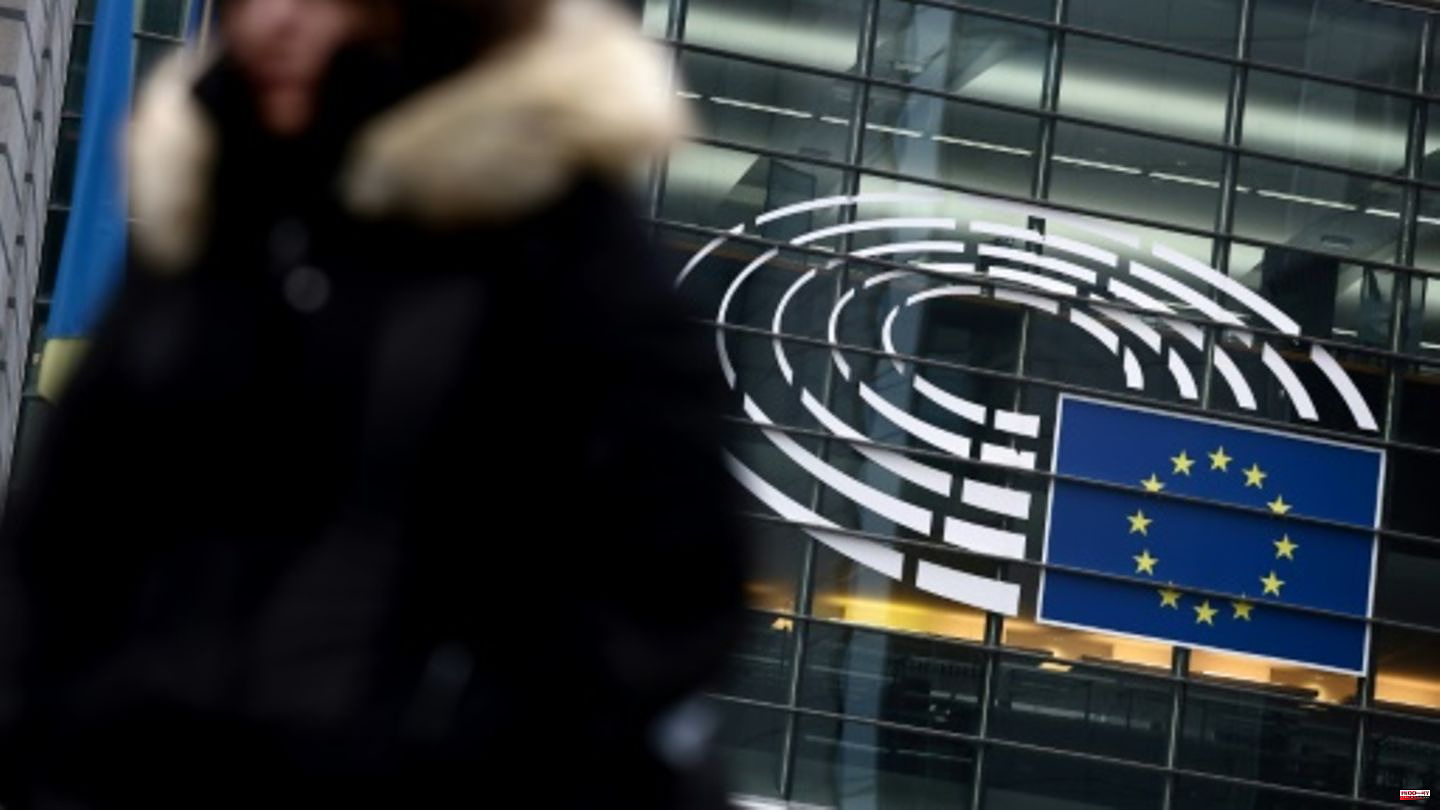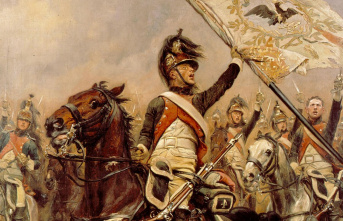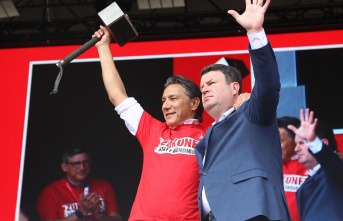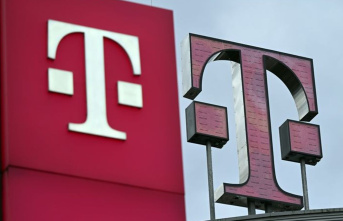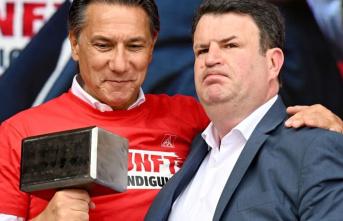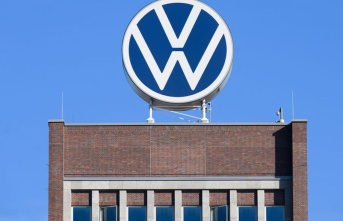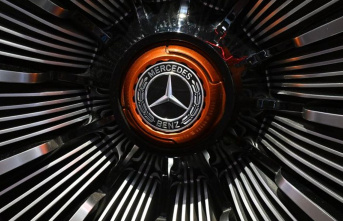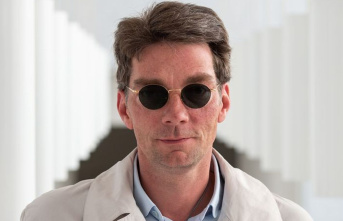The EU Parliament also called for such an ethics body to be given the power to work with EU bodies such as the EU anti-fraud agency Olaf. Such an institution must protect whistleblowers, and within the EU Parliament the sanctions procedures should be strengthened "immediately" and "fully" exploited.
The initiative to set up such an ethics committee must come from the EU Commission. As early as September 2021, the European Parliament had called for such a body to monitor the EU Parliament and the Commission. Now the MEPs criticized the fact that the Commission had still not submitted a proposal. Deputy Commission President Vera Jourova announced on Tuesday before the members of parliament in Strasbourg that she would present a "first draft" for the establishment of an ethics commission in March.
"The system of self-regulation in the EU institutions doesn't work," said Green MEP Daniel Freund. "We need independent control and enforcement of the code of conduct," he added.
The EU Parliament has been rocked by a corruption scandal since December. The ex-Vice President Eva Kaili, who is currently in prison, her partner and other suspects are accused of corruption, money laundering and membership in a criminal organization. In addition to the Gulf Emirate of Qatar, Morocco is said to have tried to influence EU policy with gifts of money. Both countries reject the allegations.
In another resolution on Thursday, MEPs called for the same measures to be taken for lobbyists for Moroccan interests as for Qatari lobbyists. In December, MPs called for the access badges to parliament for lobbyists representing Qatar's interests to be deactivated. And that is until the investigations "provide relevant information and clarifications".
Parliamentary circles have now said that there was no blocking at all because the already "very limited number" of Qatari lobbyists did not renew their access cards after the turn of the year. It is still unclear whether anything will actually happen to the access cards of Moroccan lobbyists. The resolution calling for this is not legally binding and is rather symbolic.
Since December, the parliamentary groups have been discussing the correct way to deal with the corruption affair. Several factions made proposals for reforms, and Metsola also presented plans.

